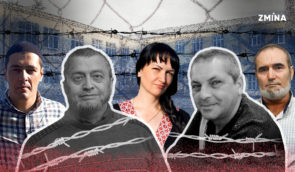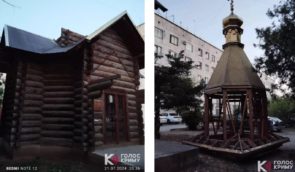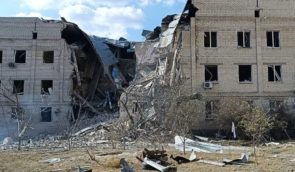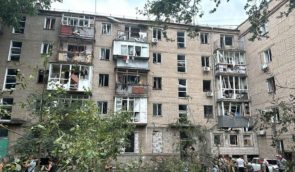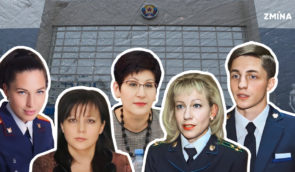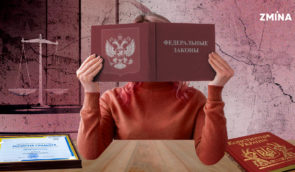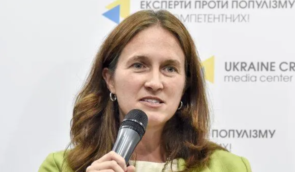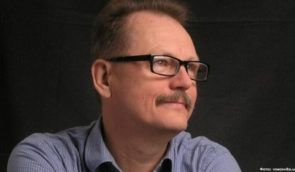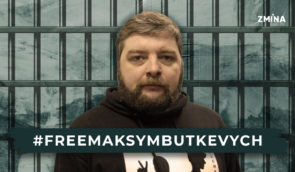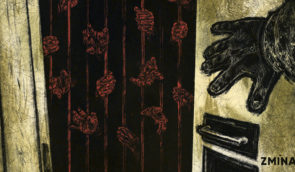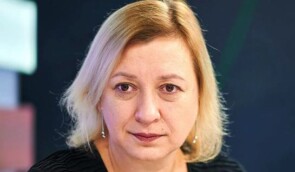Ukrainian Watchdog OPORA urges global community to reject results of the Russian “presidential election”
Based in Kyiv, the Civil Network OPORA called on the Ukrainian President, Parliament, the Cabinet of Ministers of Ukraine, foreign countries, their elected administration bodies, as well as international organisations and international election observation missions not to recognize the results of the “elections of the President of Russia”. OPORA labeled these elections as non-democratic.
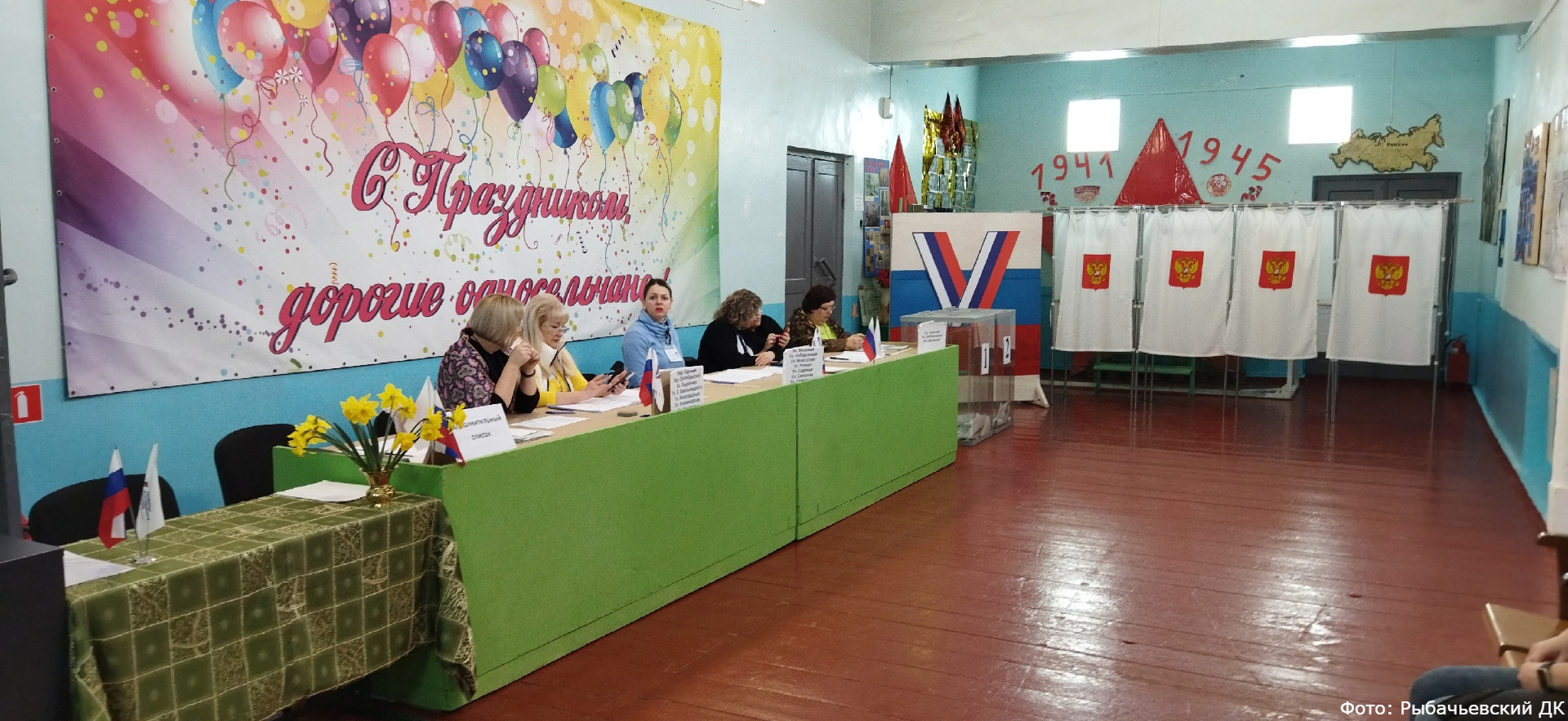 Illegal elections in the temporarily occupied Crimea
Illegal elections in the temporarily occupied CrimeaThe Ukrainian watchdog also made a call not to recognise the powers of the self-proclaimed head of state, not to participate in the observation and not to facilitate the opening of overseas polling stations.
The NGO points out that the absence of sovereign power of the Russian Federation over Ukrainian territories does not allow the occupying state to appoint and hold legitimate elections there. All elections in these territories appointed by the aggressor state are outside its jurisdiction.
OPORA highlighted that Russia violates the sovereignty, political independence and territorial integrity of Ukraine that is a priori illegitimate.
Additionally, the NGO explains that the legitimacy of the entire result of the presidential election of the Russian Federation will be called into question by the very inclusion of ballots received in the temporarily occupied territories of Ukraine.
If, given that these are national elections, it will be impossible to separate them from the general result, or their number will be equal to or greater than the difference between the winner and the runner-up", the OPORA representatives explain.
They emphasize that non-democratic presidential elections, like the authoritarian regime in Russia in general, delegitimize the Russian government.
“One of the main tools which the people empower the government with is democratic elections. Their core is trust in their results, and, therefore, the real recognition of the government by the people without fear or coercion. In return, in conditions of immutability of power, lack of democratic rights and freedoms, in particular, free political competition and free media, the result of such elections cannot correspond to the true will of the people, which leads to the illegitimacy of Putin as the President of Russia,” OPORA says.
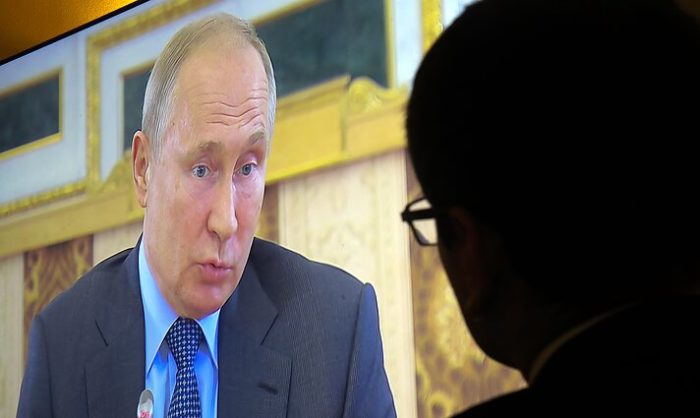 Vladimir Putin, photo: AP
Vladimir Putin, photo: APThe NGO adds that Vladimir Putin has officially been the Russian President for 20 years now. Only in 2008–2012, this position was nominally held by Dmitry Medvedev. Therefore, with account for Putin’s office as a prime minister, he has been ruling the Russian Federation for 26 years.
OPORA has also mentioned that during this time, constitutional changes were tailored to meet one person’s needs. In 2008, the presidential term was increased from four to six years to reduce the number of elections and subsequently limit the ability of citizens to change power.
Later, in 2020, based on the proposal from a former astronaut Valentina Tereshkova, Putin was allowed to run two more times.
OPORA assesses the latest constitutional changes as purely individual: the powers of other presidents after Putin will be limited to two terms in general, rather than subsequently, unless the Russian authorities change the Constitution again or repeal it.
“Thus, Putin’s rule will actually last a lifetime, which contradicts the democratic spirit of the alternation of power. Elections in the Russian Federation look like formalities since the winner is likely to be known in advance,” conclude OPORA in its statement.
Earlier, the European Union has criticised the “presidential elections” in Russia, which were subject to numerous restrictions, saw no participation of real opposition candidates, and included votes cast in the temporarily occupied territories of Ukraine.
Josep Borrell, EU High Representative for Foreign Affairs and Security Policy, noted that the “elections” took place under a “highly restricted environment”, as the Russian authorities continued systemic repression of opposition figures, civil society organisations, and independent media outlets in the leadup to them. Specifically, many opponents ended up behind bars due to politically motivated court verdicts, and imprisoned opposition figure Alexei Navalny died in custody shortly before the elections.
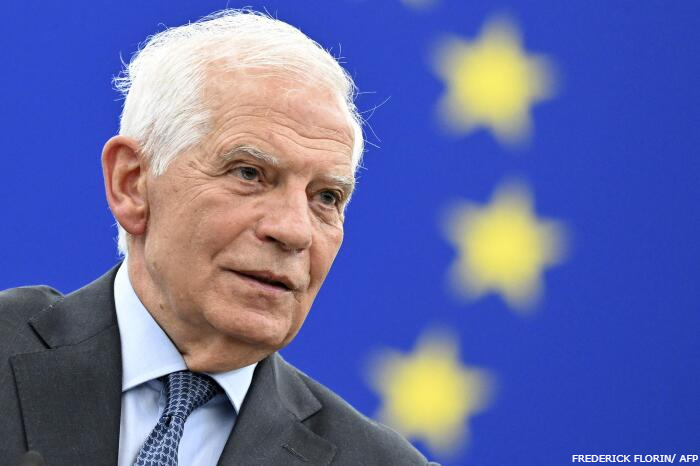 Josep Borrell
Josep BorrellReportedly, under such conditions, many potential candidates did not even attempt to run for office, and Russians accordingly had no real choice.
On behalf of the EU, Borrell expressed regret that Russia did not invite OSCE observers.
He also strongly condemned the holding of elections in the occupied territories of Ukraine, yet another violation of international law by Russia.

